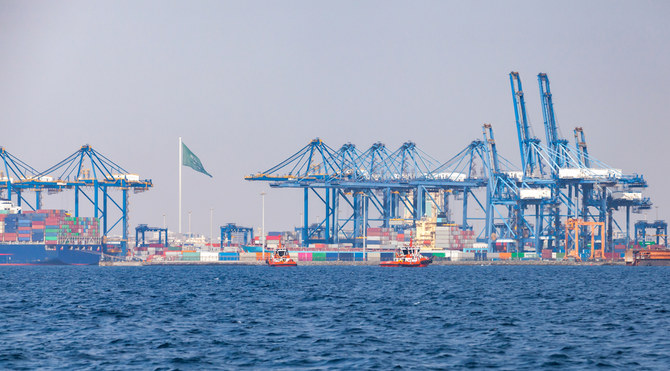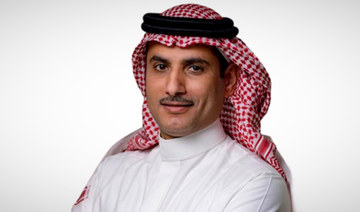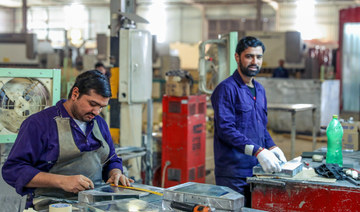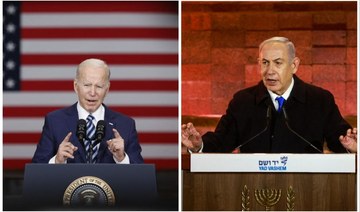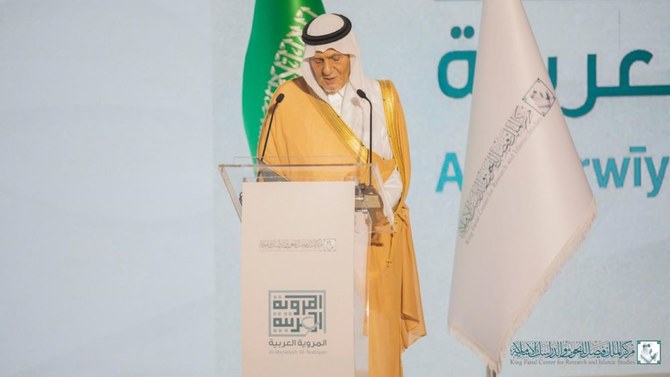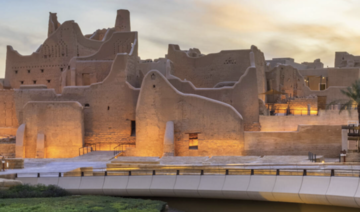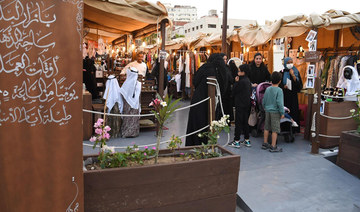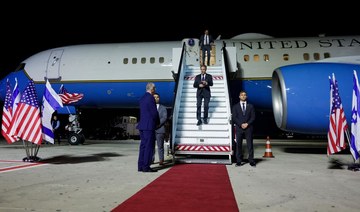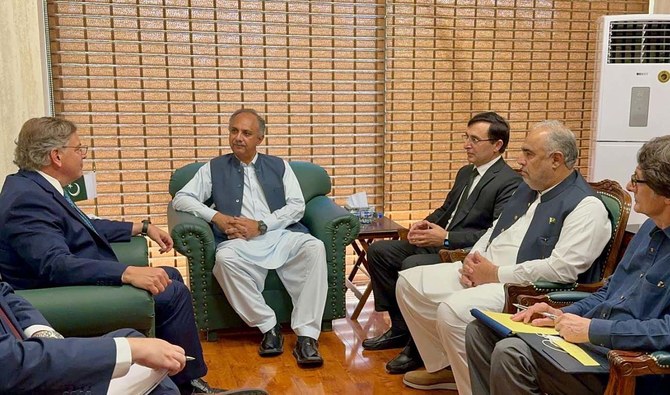RIYADH: “Saudi Arabia’s logistics sector needs a huge investment combined between the government and private sector by 2030, as Vision 2030 targets to become a global logistic hub,” said Sulaiman Al-Mazroua, CEO of the National Industrial Development and Logistics Program.
During an exclusive interview with Arab News, Al-Mazroua said that upgrading the existing ports will help the Kingdom serve three continents: Asia, Africa, and Europe. He added that the Kingdom would provide the right environment and regulations to attract world transportation companies which will help Saudi Arabia emerge as one of the world’s busiest logistics centers.
He added: “We still need more upgrading to some of our facilities, including our airports and ports.”
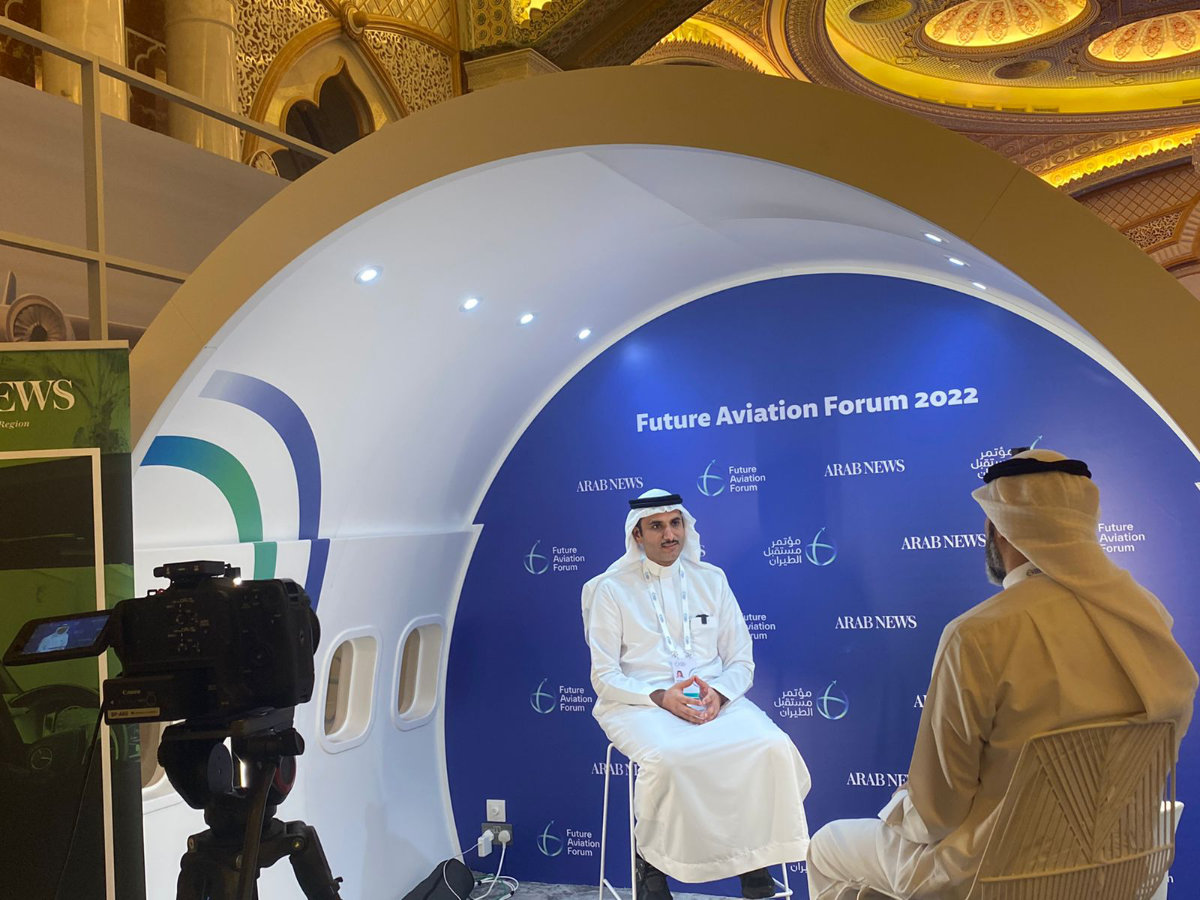
Suliman Al-Mazroua, CEO of the National Industrial Development and Logistics Program. (AN)
The vitality of SMEs
Al-Mazroua added that small and medium enterprises in the Kingdom should develop innovative technological ideas to fill gaps in logistics.
He noted that tapping into cutting-edge technologies is necessary to achieve the Vision 2030 goal of becoming an industrial powerhouse and global logistics hub.
“This area (technology) in logistics, specifically, is very attractive to small and medium businesses, and innovation in that area is extremely open. So with more SMEs coming in to fill gaps in logistics, you will need less time and cost to produce. And whenever there’s competition, innovation comes to play,” Al-Mazroua told Arab News.
We will be capitalizing on our smart youth
Suliman Al-Mazroua, CEO of the National Industrial Development and Logistics Program
Prime Movers of Logistics
He also noted that Saudi Arabia is capitalizing on its youth to revolutionize the sector, in addition to cooperating with private companies.
“We will be capitalizing on our smart and capable youth. And our government will enable this logistic hub with the infrastructure requirements. The private sector be an important partner with its technologies. We have seen Apple and Amazon come up with own their technologies. We also have major Saudi companies in the technology field developing their own.”
Strategic Location for A Global Logistics Hub
According to Al-Mazroua, Saudi Arabia’s geographical location is a crucial factor that could elevate the country’s spot on the logistics map in the future.
The Kingdom lies in a strategic location between the three continents, on the coast of the Red Sea, where more than 13 percent of the world’s logistic traffic passes yearly
Talking about the plans to transform the Kingdom into a top global logistics hub, he said, “Privatization of the ports with free zones will attract the right investments, build the right regulations and policies for investors to come and get connected with the world through trade agreements. So that is just a summary of our plans guided by Vision 2030, an ambitious yet achievable blueprint for our future.”



